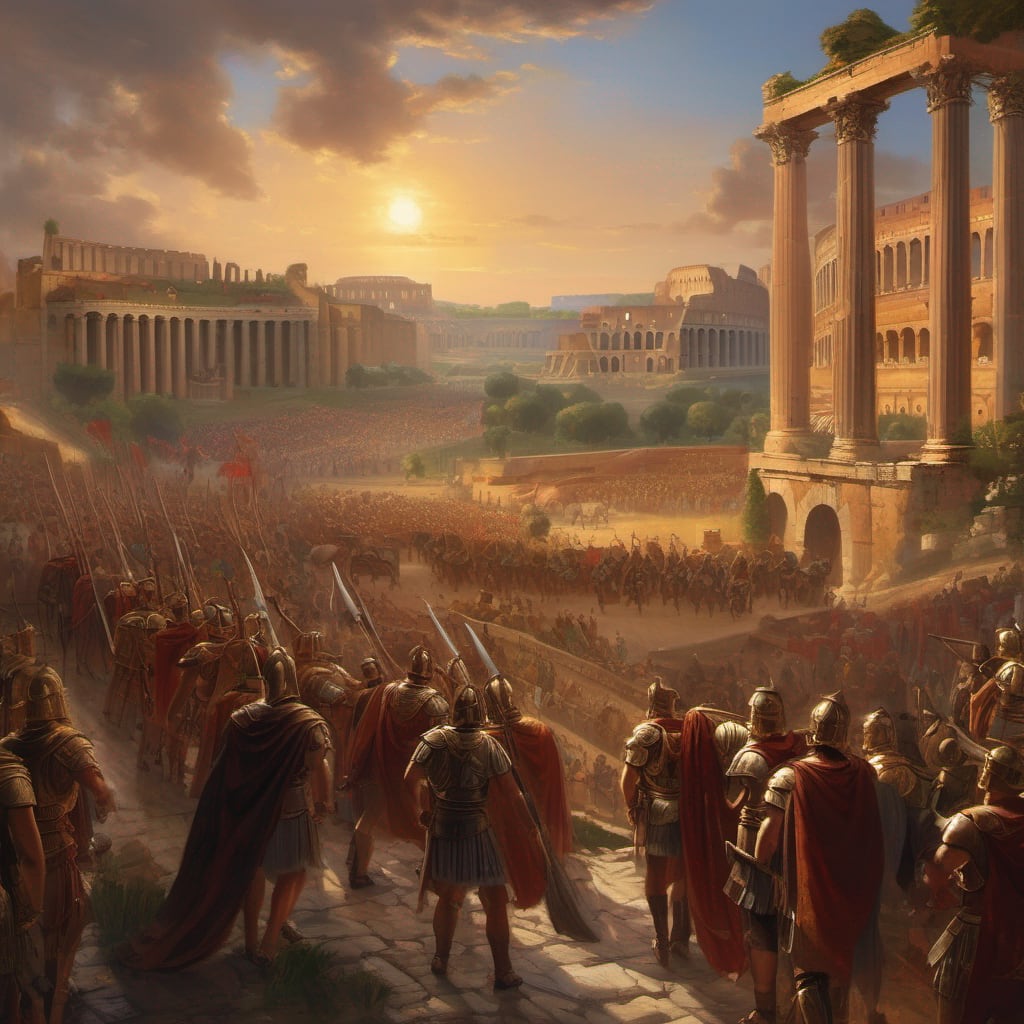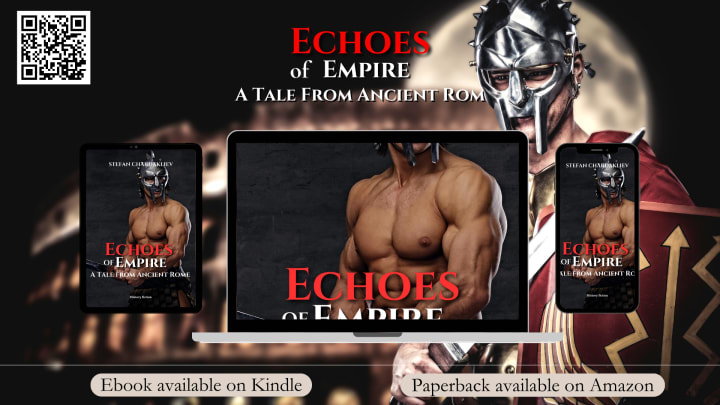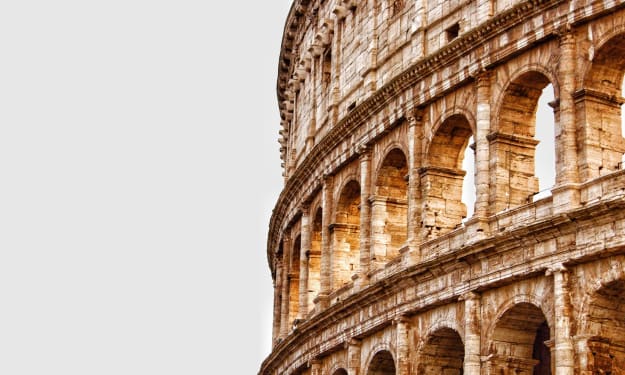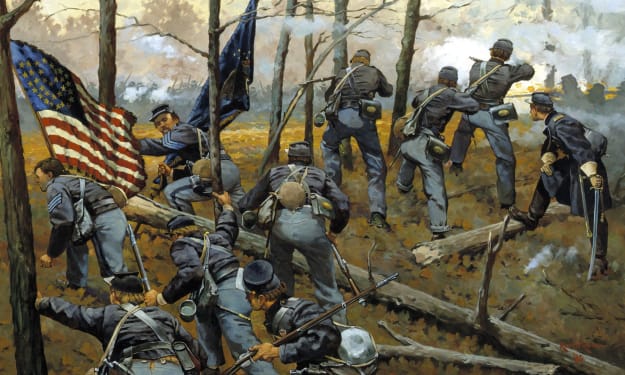EXPLORING THE RISE OF EMPIRES
Echoes of Empire

Introduction
In the annals of history, few civilizations have left as indelible a mark as the Roman Empire. From its majestic architecture to its influential governance, Rome's legacy continues to echo through the ages. In this article, we embark on a journey through time, delving into the remarkable echoes of the Roman Empire and uncovering the tales that have survived the test of time.
The Rise of Rome
The origins of the Roman Empire are shrouded in myth and legend, but one thing is certain: Rome's ascent to power was nothing short of extraordinary. From a humble city-state to an empire that spanned three continents, the story of Rome's rise is a testament to human ambition and ingenuity.
Engineering Marvels
One of the most striking echoes of the Roman Empire is its architectural prowess. The Romans built structures that continue to awe and inspire us today. The Colosseum, with its grandeur and scale, stands as a symbol of Rome's engineering genius. This colossal amphitheater hosted gladiatorial contests, chariot races, and theatrical performances, showcasing the Romans' love for entertainment.
Roman Governance
The Romans pioneered a system of governance that has influenced political thought for centuries. The concept of a republic, with elected officials and the rule of law, laid the foundation for modern democratic societies. From the Roman Senate to the concept of "senators" in contemporary politics, echoes of Rome's governance still reverberate.
Language and Literature
The Latin language, once the tongue of the Roman Empire, has had a profound impact on modern languages, particularly English. Latin phrases and expressions are woven into legal, scientific, and philosophical discourse, connecting us to Rome's intellectual legacy. The works of Roman writers like Virgil, Cicero, and Seneca continue to be studied and admired.
Echoes in Art and Culture
Renaissance Revival
During the Renaissance, artists and scholars sought inspiration from the classical world, particularly Rome. The revival of classical art, architecture, and literature was a direct homage to the Roman legacy. Paintings, sculptures, and buildings of the era bear the unmistakable imprint of ancient Rome.
Roman Mythology
Roman mythology, an adaptation of Greek mythology, introduced us to gods and goddesses like Jupiter, Mars, and Venus. These deities still find their place in popular culture, from movies to video games, keeping the Roman pantheon alive in our imaginations.
Fashion and Design
The toga, a quintessential Roman garment, has occasionally resurfaced in the world of fashion as a symbol of elegance and sophistication. Its influence on contemporary fashion design is a subtle but enduring tribute to Rome's fashion sensibilities.
Legacy and Conclusion
The echoes of the Roman Empire are not confined to the past; they resonate in the present and will continue to do so in the future. From governance and architecture to language and culture, Rome's enduring influence is a testament to the enduring power of human achievement.
In conclusion, as we look back on the vast canvas of history, we find that the echoes of the Roman Empire are not mere whispers but resounding shouts, a testament to the lasting impact of a civilization that once ruled the world.
Frequently Asked Questions
1. What was the significance of the Roman Senate?
The Roman Senate was the political heart of the Roman Republic and Empire. It played a pivotal role in shaping Roman governance and law.
2. How did Roman architecture influence modern buildings?
Roman architecture, characterized by arches, domes, and columns, has inspired countless architectural marvels, including government buildings, churches, and monuments.
3. Which Roman writer had the most significant literary impact?
Virgil, known for his epic poem "The Aeneid," is often considered the most influential Roman writer due to his profound impact on Western literature.
4. Why is Latin still relevant today?
Latin continues to be relevant due to its influence on scientific and legal terminology, as well as its connection to classical literature and philosophy.
5. What role did the Roman Empire play in the spread of Christianity?
The Roman Empire played a pivotal role in the early spread of Christianity, as it provided a network of roads and a common language that facilitated the dissemination of Christian teachings.
If you like this article
Save a copy of my new ebook
Available on Amazon
Just Released
Echoes of Empire A Tale from Ancient Rome

About the Creator
Stefan Chardakliev
Stefan Chardakliev is an emerging writer and passionate historian with a deep fascination for Ancient Rome and numismatics.
Enjoyed the story? Support the Creator.
Subscribe for free to receive all their stories in your feed. You could also pledge your support or give them a one-off tip, letting them know you appreciate their work.






Comments
There are no comments for this story
Be the first to respond and start the conversation.